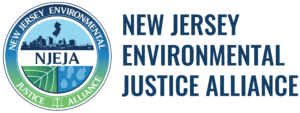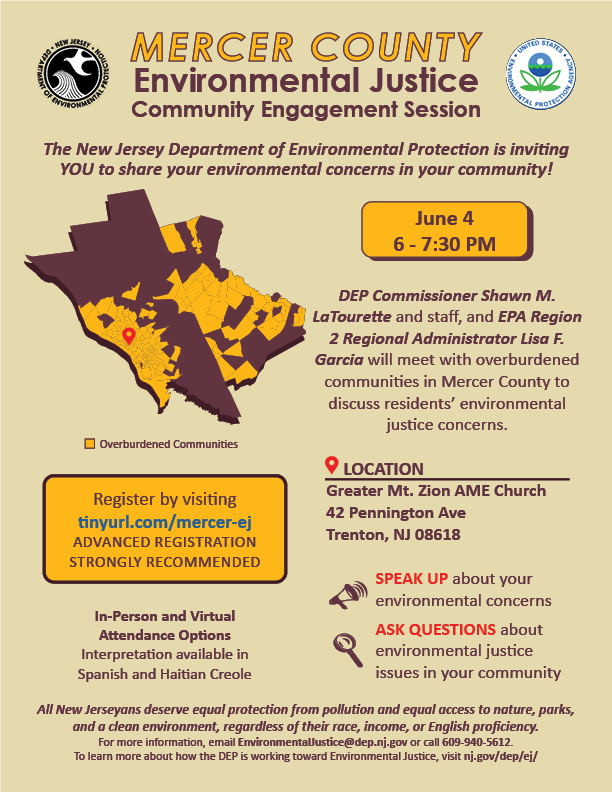
FOR IMMEDIATE RELEASE: July 9, 2024
Press Contacts
Melissa Miles, Executive Director | melissa@njeja.org
Brooke Helmick, Director of Policy | brooke@njeja.org
NJEJA Applauds Atlantic Shores Offshore Wind Project Approval: Clean Renewable Energy Development Benefits Everyone
Newark, New Jersey – The New Jersey Environmental Justice Alliance, a statewide organization dedicated to reducing and eliminating environmental injustices in communities of color and low-income communities, applauds the recent decision to approve the Atlantic Shores offshore wind energy project.
The approval will lead to the development of the nation’s ninth commercial-scale offshore wind project and generate up to 2,800 megawatts of clean electricity, and is expected to power nearly one million homes. The program can support the state of New Jersey in reaching its clean energy goals. Such clean energy programs not only support the movement to divest from fossil fuels but also support the work of mitigating local air pollution and providing cleaner air for all communities, particularly those disproportionately burdened by energy production.
As this program rolls out, we encourage state and federal officials to prioritize the principles of a Just Transition and continue meaningful engagement with local communities — particularly communities Of Color and low-income communities, who will be directly impacted by this infrastructure and development. We offer our continued support and expertise in ensuring that environmental justice communities are centered and prioritized in the future of clean energy development.
Learn more about the New Jersey Environmental Justice Alliance and our work in equipping our communities with the tools needed for a career in offshore wind.
###
For questions regarding this statement, please contact Brooke Helmick, NJEJA Director of Policy at brooke@njeja.org.
The New Jersey Environmental Justice Alliance is an alliance of New Jersey-based organizations and individuals working together to identify, prevent, and reduce and/or eliminate environmental injustices that exist in communities of color and low-income communities. NJEJA will support community efforts to remediate and rebuild impacted neighborhoods, using the community’s vision of improvement, through education, advocacy, the review and promulgation of public policies, training, and through organizing and technical assistance.


